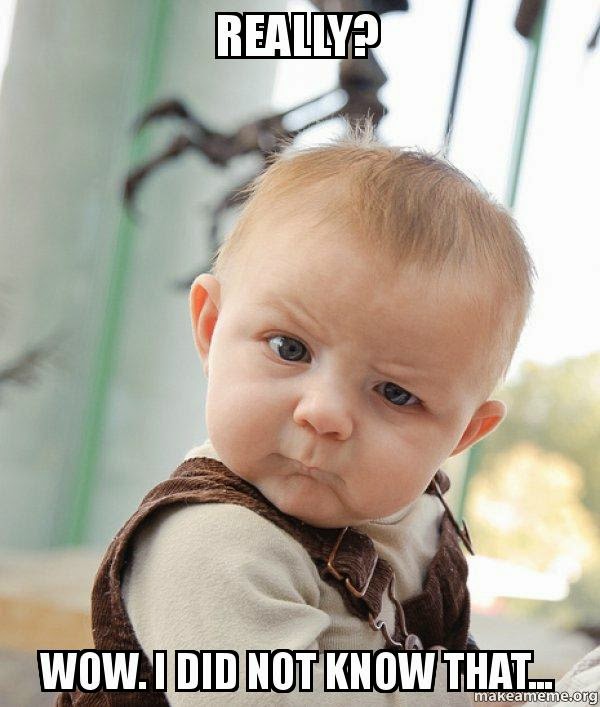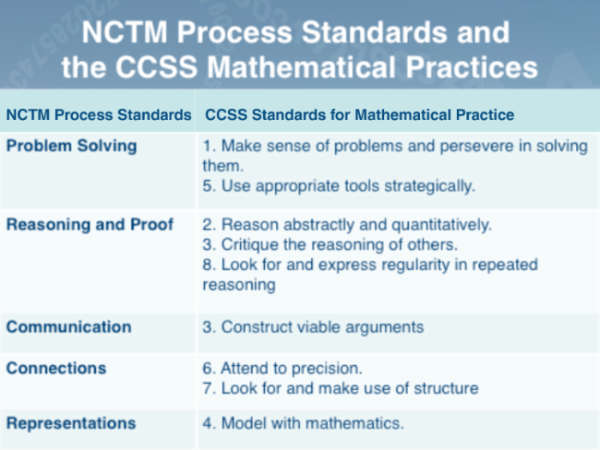I'm reading
The Teaching Gap with my EDI 331 students (again) this semester. Every time I read it, I find something different that stands out for me. First, it was the perspective I gained by comparing "typical" lessons from Japan, Germany, and the U.S. The second time, it was focus on
improving teaching rather than improving teachers, which coincided with all the voices in 2012-13 clamoring for attracting better, smarter, more biz-savvy people into the teaching profession, because--the voices loudly proclaimed--the teachers we have now are just not cutting it.
This time around, what struck me was the discussion of the culturally embedded assumptions of what it means to "teach, learn, and do mathematics".
Some of my students have been tweeting about that:
With that context, let's get on with the post.
 One way I get around that is to try to hold myself still with a problem for a bit and look for the hidden connections. With kids, I might tell them we're looking for the Hidden Wows.
One way I get around that is to try to hold myself still with a problem for a bit and look for the hidden connections. With kids, I might tell them we're looking for the Hidden Wows..PNG)



.PNG)
